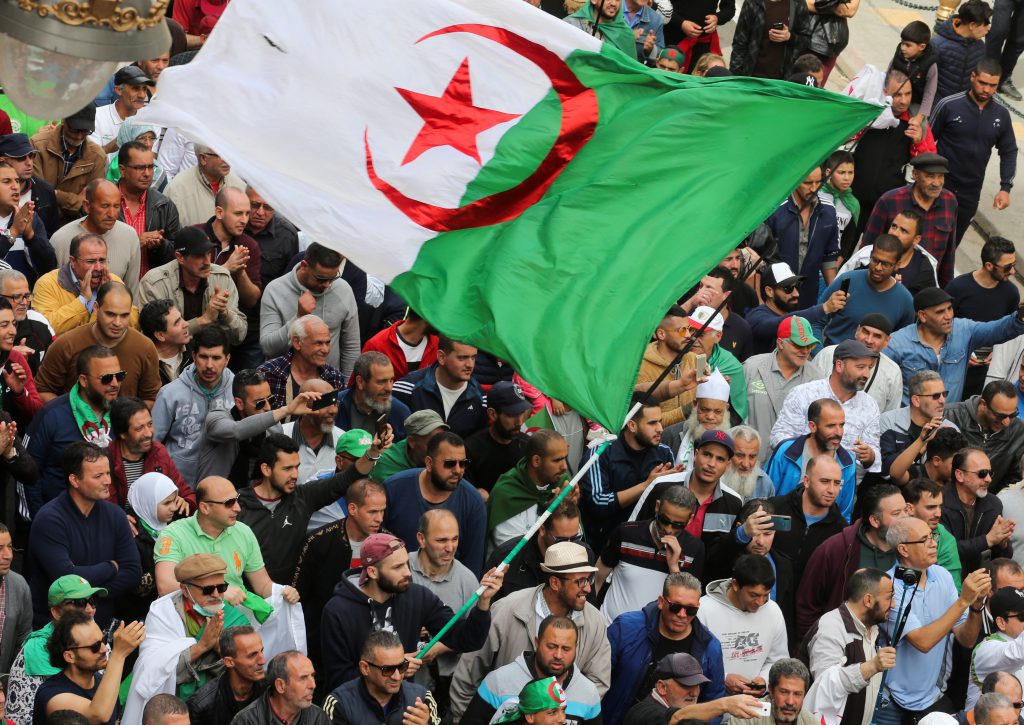In February 2020, the Hirak protest movement celebrated its first anniversary, recalling that its demands for political change remained unanswered. Early March, as the number of confirmed cases of people infected with COVID-19 in Algeria was increasing, the civil society organisations involved in the protest movement announced the suspension of all demonstrations in compliance with containment measures to limit the spread of the disease.
However, since then, the authorities have continued to target Hirak activists. More than 100 people have been arrested since mid-March. While more than 7,000 people in Algeria have been affected by COVID-19, many human rights and civil society activists – some of whom were arrested long before the pandemic emerged – remain in prison without knowing the date of their trials.
Many other activists, journalists and bloggers continue to be summoned by the police. Some are currently behind bars, including Khaled Drareni, a freelance journalist, founder of the Kasbah Tribune website and correspondent for Reporters Without Borders, accused of “inciting an unarmed gathering” and “undermining national integrity”. Walid Kechida, creator of the Facebook page “Hirak mêmes”, is being prosecuted for “insulting a constituent body, insulting the President of the Republic, and insulting the divine entity”. According to lawyers following the cases, none of the charges against them constitute a legitimate offence recognised by international law.
One of the few positive news during this period of pandemic came with the release, on 18 May, of Abelouahab Fersaoui, president of the association “Rassemblement Action Jeunesse” (RAJ), who had been imprisoned since October 2019.
The continued campaign of judicial harassment against activists and the ongoing detention of those arrested during the Hirak protests demonstrates the Algerian regime’s intention to muzzle social movements and human rights defenders.

